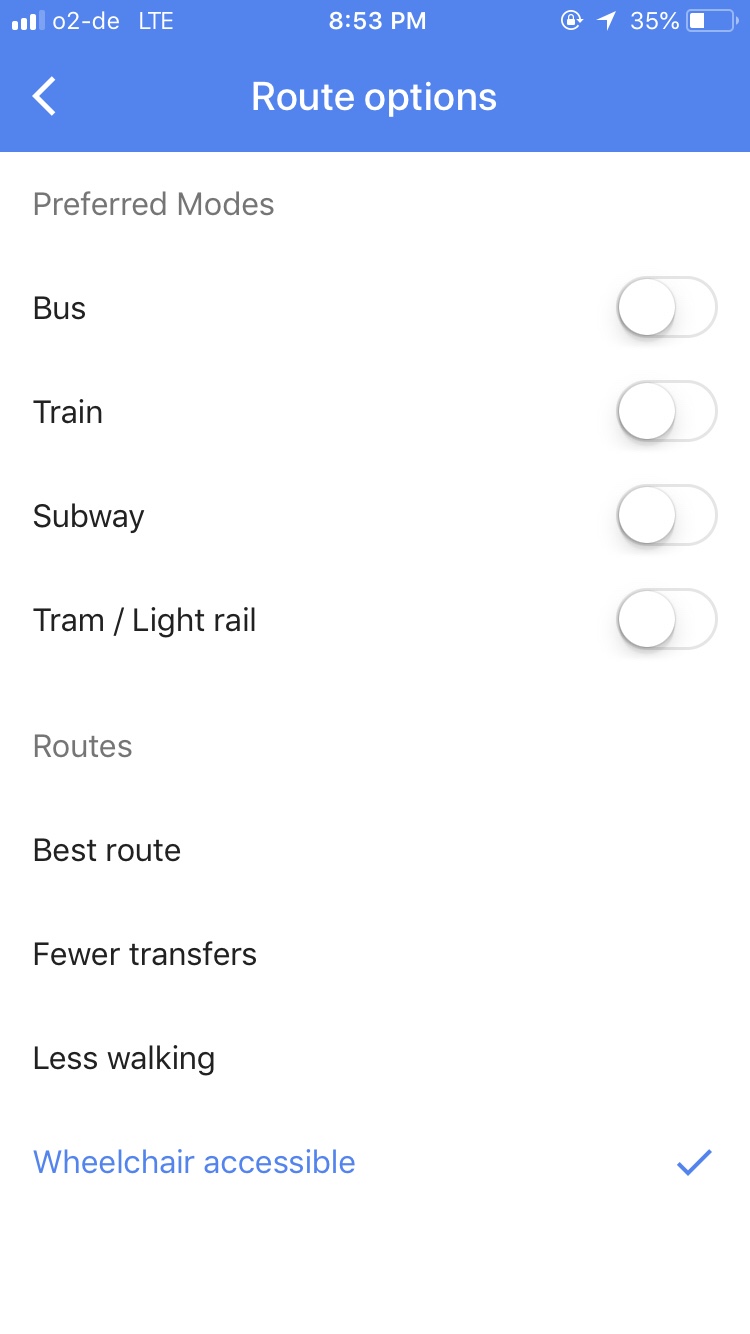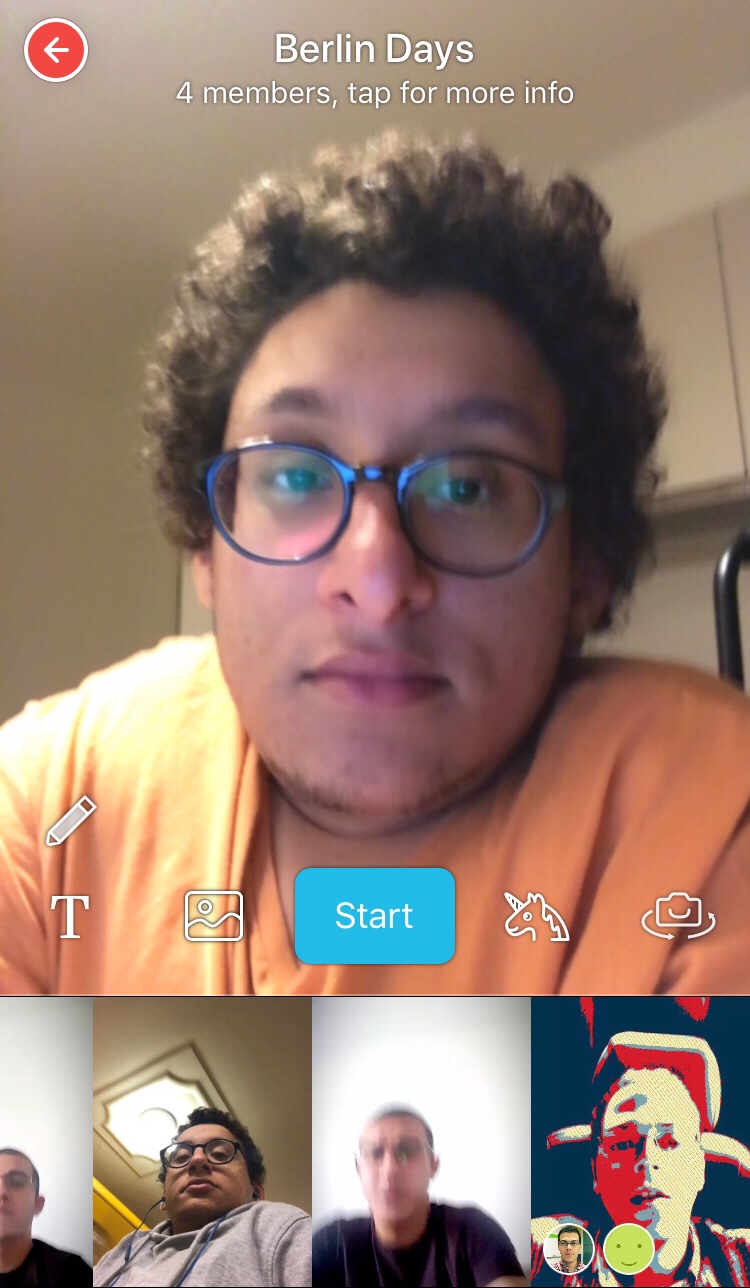Product management is interdisciplinary. There is strategy, tactics, communication, process, design, user research, engineering, data, analytics…etc. Each of those is a lever in the PMs arsenal of tools, and it is a topic on its own. Great PMs know how to use their highest impact levers to achieve the goals of the product they are managing.
My recommendation is to pick a few topics, and dive deep into them, while experimenting on the job with what each lever does and how can you get better at it.
Now to answer your question, here are a few books I read that are relevant to different topics/levers (Not sorted in any order):
- Hooked: How to Build Habit-Forming Products >> Do you know that FB figured out in their early days that if a new user adds 10 friends in the first week, they don’t leave Facebook? This book is about what makes users stick, what goes into their minds, and what are the elements that drive this habit formation. The book is a bit overrated in my opinion (maybe because of all the buzz I see from its author), but it is worth a read.
- Influence: The Psychology of Persuasion >> The book is mainly written for marketers in 1995, but If you want to understand the psychological tricks companies apply on users today (What if an ecommerce company show users the fastest selling items, creating a fear of missing out? How about some social proof from their FB connections? Or showing very expensive items next to less expensive ones to create a contrast effect, making the less expensive item being perceived as cheap?). This book is about those ideas.
- Traction: How Any Startup Can Achieve Explosive Customer Growth >> If you want to understand what are the available growth channels and how to use each of them. Understanding growth is essential to building great products.
- Lean Analytics >> For different metrics models related to different product types. What metrics are relevant for e-commerce? SaaS? Social Networks?..etc. By experience those will become natural to you, but if you are new to the topic or want to understand the bigger picture, this is a good start.
- Cracking the PM Interview: How to Land a Product Manager Job in Technology >> Although it is written for those looking for a job, what I like is that different chapters cover different skills that are applicable to the PM job. I recommend reading it if you don’t know your biggest levers, it will open your eyes to some topics that you may not be fully aware of. One caveat though: If you are reading it to find a job, it is highly tailored to US companies processes and interview questions (Google, FB, Yelp…etc). If you are interviewing with European companies, the ideas and the questions might be a bit different.
- Never Split the Difference: Negotiating As If Your Life Depended On >> Important for navigating tough stakeholders.
There is also this list which combines a few books I saw recommended by multiple people I trust.



